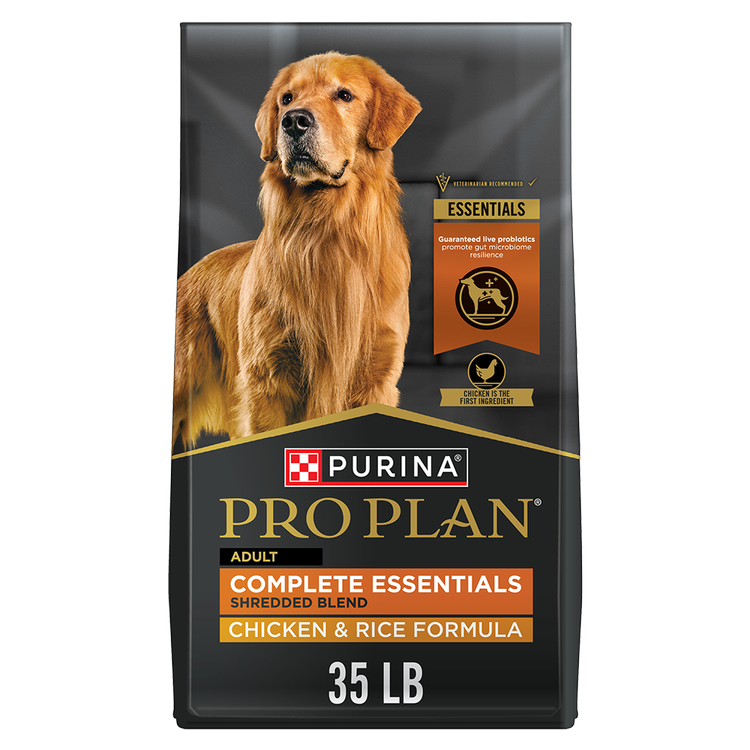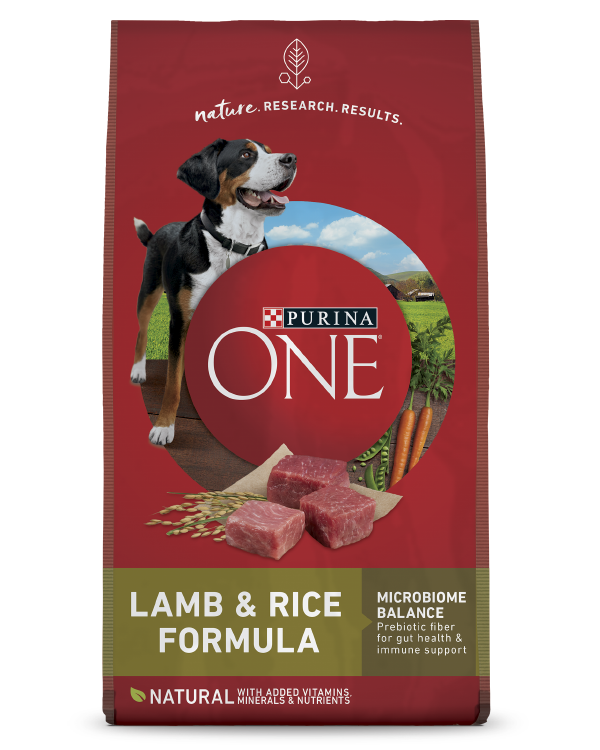Is Grain Free Dog Food Good for Dogs


As people have begun questioning the role grains play in their own diets, they’ve started to question their purpose in their dog’s food, too.
Many dog owners want to know what purpose grains serve in dog food and whether Fido really needs them. Understanding the difference between regular and grain-free dog food and the role those ingredients play can help you choose which option is right for your dog.
Regular Dog Food vs. Grain-Free Dog Food
Dog Food with Grains
When we say “regular dog food,” we simply mean dog food that contains grans. Dog food with grains is still a popular choice among many owners.
It’s easy to find on shelves and is often more affordable than grain-free varieties. What are considered grains in dog food, though?
If you look at a regular, grain dog food label, you might see a combination of some of the following:
- Wheat
- Corn
- Barley
- Oats
- Rye
- Rice
- Soy
It’s important to note gluten-free dog food excludes gluten-containing grains like wheat. It may include other grains like corn and rice, however.
Now that you know some of the more popular grains found in dog food, you may be wondering “What purpose do grains serve?”
Although seen by some as nonessential, “Grains are actually an excellent nutrient source,” says Purina Chief Veterinary Officer, Dr. Kurt Venator.
They provide carbohydrates, which give your dog energy and supply fiber to promote digestion. Grains also include essential nutrients like protein and linoleic acid, an essential fatty acid for dogs.
Grain-Free Dog Food
Any dog food made without wheat, corn, rice and other grains is considered “grain free.” Dogs still need carbohydrates for energy, though. So no-grain dog foods use alternative sources of carbs like potatoes and pea flour.
Are there benefits of grain-free dog food? For some dogs, yes. As Dr. Venator explains, though, “there’s a myth out there not supported by veterinary medicine that grains cause allergies. This is not the case. The reality is that true food allergies are extremely low in dogs and cats, and the offending substances are usually not grains.”
Grain allergies in dogs are so uncommon, in fact, that they affect less than one percent of dogs. They’re more likely to have an allergy to proteins like beef or chicken.
If you suspect your dog has a food allergy or sensitivity, we recommend working with your veterinarian to find the source. They can help you identify any allergies or sensitivities and recommend a therapeutic diet to avoid allergens. This will ensure your dog continues to get the nutrition he needs.
Despite the benefits for some dogs, there are downsides to feeding a grain-free dog food. Many people assume grain free means low carb, but that’s not the case.
In fact, some dog foods without grains are higher in alternative carbohydrate sources like potatoes and peas. This could result in unintentional weight gain.
That’s why it’s so important to work with your veterinarian. Doing so will ensure your dog gets the nutrition he needs from the appropriate sources.
Is Grain-Free Dog Food Better than Regular?
Grain-free dog food may have some benefits, but the decision ultimately comes down to what you—and your dog—prefer.
We recommend consulting with your veterinarian before switching your dog to a grain-free diet. Your veterinarian can help you determine if that’s the best dietary decision for your dog or if there are better alternatives based on his age and life stage, health and other unique factors.
Dr. Venator also advises to look for dog foods that are formulated as complete and balanced. This means all the ingredients provide the recommended levels of protein, fat and essential nutrients in the appropriate ratios and concentrations.
He also recommends verifying that the food meets the Association of American Feed Control Official’s (AAFCO) pet food guidelines.
If you decide a grain-free diet is right for your dog, explore Purina’s grain-free dog foods to find one he’ll love.
Related articles

Find Your Pet’s Perfect Food
Get your personalized recommendation with our Pet Food Finder tool.





